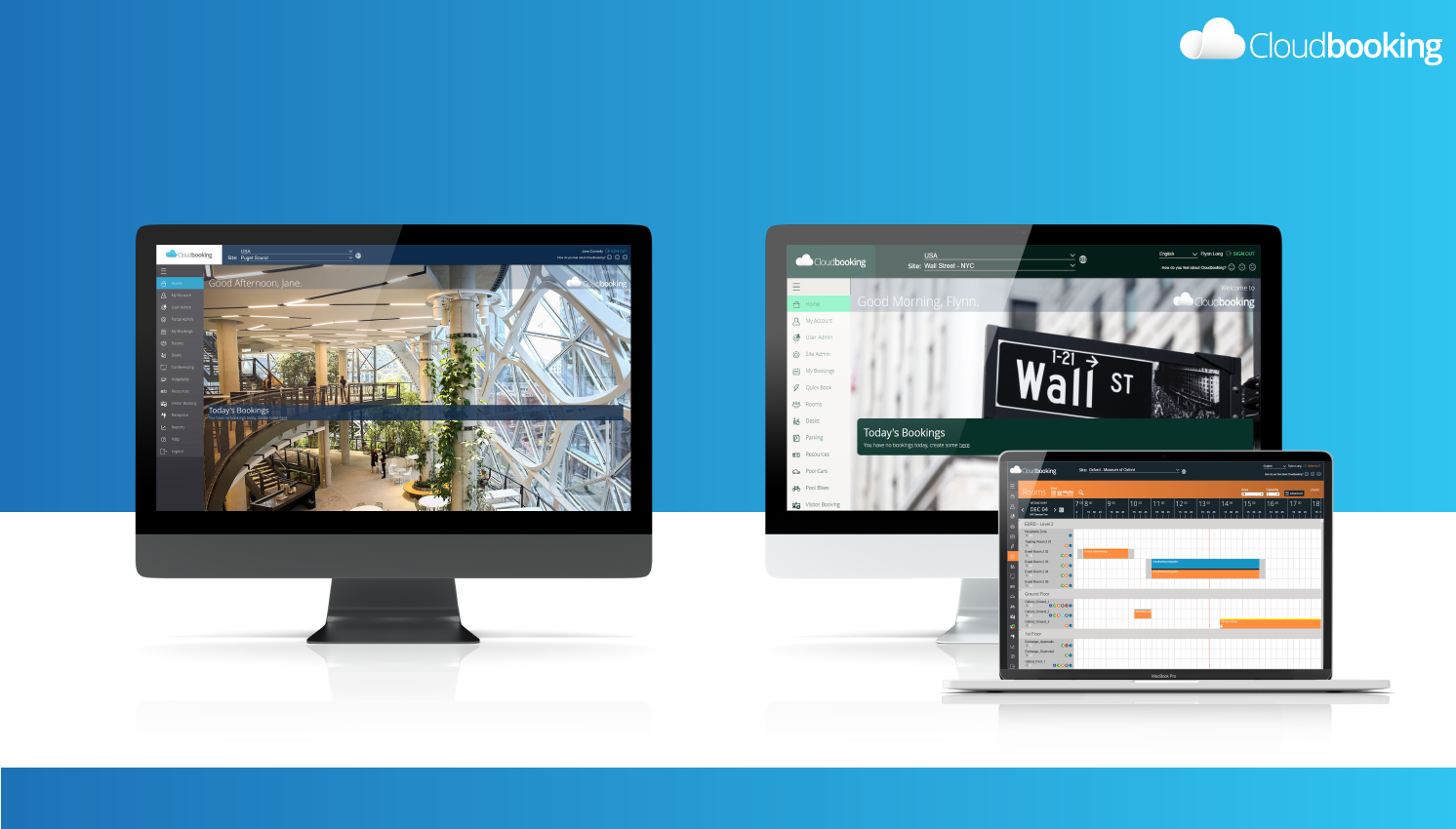
The findings from flexible working software company, Cloudbooking utilises the latest figures from the Office for National Statistics (ONS) showing that commuting journeys are on the increase.
Get a free demo
Enquire about a no-obligation demo today and get an exclusive hybrid working research paper — for free. Created in partnership with YouGov, this invaluable guide provides essential insights into developing your own effective hybrid strategy. Click below.

The average British worker is spending over 11 weeks a year commuting to and from their workplace
Flexible working software company Cloudbooking utilises the latest figures from the Office for National Statistics (ONS). They show commuting journeys are rapidly on the rise.
“In 2003 the average UK commute was 45 minutes, today it is 54 minutes,” said Gerry Brennan, CEO of Cloudbooking. “Despite advancements, stats show that 87% of the UK’s workforce carry out their duties at their employer’s premises. Until now no one has worked out what this means in terms of lost productivity. Our calculations are based on 4 weeks holiday a year and the 37.5-hour standard working week.
Mr Brennan added it was the duty of employers and the government to work together to promote the benefits of remote working. “Research by Stanford University in the US has shown that remote workers are 13% more productive and take fewer sick days than their commuting colleagues.” Added the Cloudbooking CEO, who has Airbus, Lloyds Banking Group and GE Healthcare as some of their clients.
Flexible working software can put an end to the commute
“We can only begin to scratch the surface at the moment if this working revolution were to be properly embraced. The costs of road maintenance and transport immediately spring to mind. Also, with extra time to devote to family life, or pursue other hobbies and interests, the impact of working from home is worth a great deal to our economy. A lack of trust and understanding of how to manage a remote workforce is a reason that the practice isn’t more widespread.”
A report by Cary Cooper, a Professor at Lancaster University Management School has highlighted this. “We believe managers need to assess homeworker’s on their results, not on how long they work,”
Mr Brennan’s comments come shortly after Richard Branson announced he would be giving his Virgin employees’ unlimited vacation. Evernote and Netflix are doing the same. “All good companies know success is about results. It’s not about how long an employee is at their desk.” Mr Brennan concludes. “It’s a change of opinion that is slow. Therefore, I believe in time future generations will look at what life was like in 2015, and wonder why we were all sitting on the M25.”
Written by The Institute of Leadership & Management


